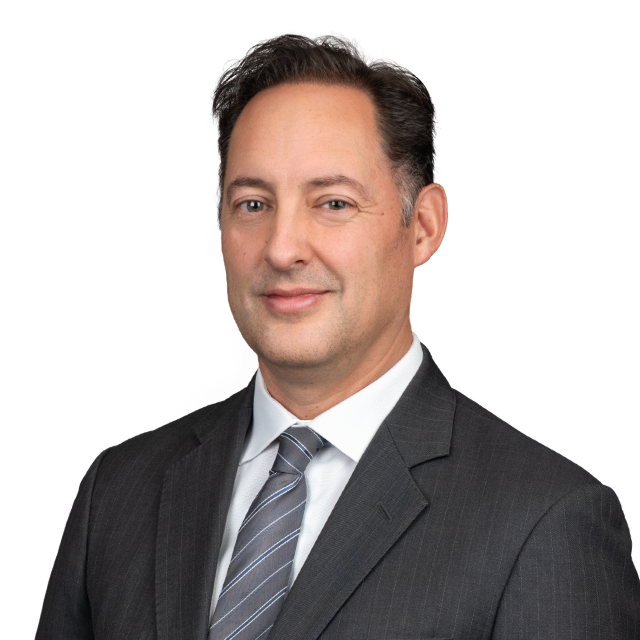Overview
Justice Perell’s November 28, 2017, decision in Bennett v Hydro One Inc., 2017 ONSC 7065 [Bennett] to deny certification of a putative class action alleging that Hydro One was systemically negligent in billing customers serves as a powerful reminder to class litigants: where common issues are not a substantial ingredient of putative class members’ claims, the common issues requirement will not be satisfied. The variety of potential causes of the putative class members’ alleged harm and the fact that any harm suffered by individual class members diverged (if it existed at all) led Justice Perell to conclude the claim lacked the requisite basis in fact to satisfy the common issue requirement. The lack of common issues, coupled with the jurisdiction and powers of the Ontario Energy Board (OEB), also resulted in the conclusion that the preferable procedure requirement for class certification was not satisfied. On these bases, class certification was denied.
The Decision
The Common Issue Requirement Was Not Met
The plaintiff proposed a series of common issues relating to the causes of action advanced: negligence, breach of contract and unjust enrichment. Each cause of action arose from the same factual nexus, namely the alleged systemic negligence of Hydro One in connection with a new billing program.
Justice Perell reviewed the established law regarding the common issue requirement. While the requirement sets a “low bar” for plaintiffs, it requires an issue that is a “substantial ingredient of class member’s claim and its resolution must be necessary to the resolution of each class member’s claim.” A common issue need not be dispositive but, through its resolution, it must advance the litigation.
Having acknowledged that some basis in fact is required to satisfy the common issue requirement, Justice Perell held that the claim as alleged could not clear the low bar of the common issue requirement. Central to his conclusion was the need for individual inquiries regarding the existence and cause of any billing issues experienced by class members.
Justice Perell was critical of the putative class' decision to pursue their claim as one of systemic negligence, because the class could not establish a basis in fact that Hydro One's billing practices caused a common harm to all class members.
Justice Perell noted that Hydro One had made a multiplicity of errors (overbilling, under billing, delayed billing, etc.). As the alleged systemic issues produced various results to the class members —some harmful, some neutral and some even beneficial—individual inquiries would be required. The putative class was unable to provide him with a methodology to extricate the customers who benefitted from the billing errors, or were potentially harmed by a cause that was independent of the new billing program (e.g., through human error). Again, on the record argued before him, he could not escape the conclusion that individual inquiries would be required.
The facts alleged in Bennett indicated that while all class members were at risk of being improperly charged, individual examinations of all class members’ claims would be needed to determine the cause of any overcharging and whether such overcharging occurred at all. As a result, there was no rational relationship between all class members and Hydro One’s alleged systemic negligence, with a further result being that the class definition was overbroad. Justice Perell concluded that the plaintiff’s blanket reliance on system negligence as opposed to reliance on a discrete common error thought to have harmed all class members was critical and distinguished Bennett from previously certified claims (e.g., cases involving illegal interest, overtime miscalculation or price-fixing, where there was a common or single adverse consequence for class members).
The Preferable Procedure Requirement Was Not Met
The absence of common issues also led Justice Perell to conclude that a class proceeding was not the preferable procedure. In addition, Justice Perell held the OEB would be the superior forum for addressing the plaintiff’s claims as it would better fulfill both the access to justice and behaviour modification objectives of the Class Proceedings Act. He held that the OEB had the powers to adjudicate the claims, and although individual plaintiffs cannot initiate proceedings at the OEB, he found the OEB had the mandate to address their concerns.
Key Takeaways
Bennett confirms an important distinction between claims arising from a discrete common error that might harm all class members (which have been certified) from claims of systemic negligence that require individual inquiries about both the existence and nature of defendants’ missteps and the impacts on class members (which cannot be certified). Defendants will be well-advised to remember this distinction when devising their responses to putative class actions.
While it remains to be seen whether the Bennett decision will be appealed, it accords with the growing trend in favour of more closely scrutinizing common issues to ensure a class proceeding is truly the preferable procedure in resolving putative class members’ claims. Systemic negligence must generally result in a common wrong to ground common issues, and where there are no common issues that will advance the litigation, a class proceeding will not be the preferable procedure.























